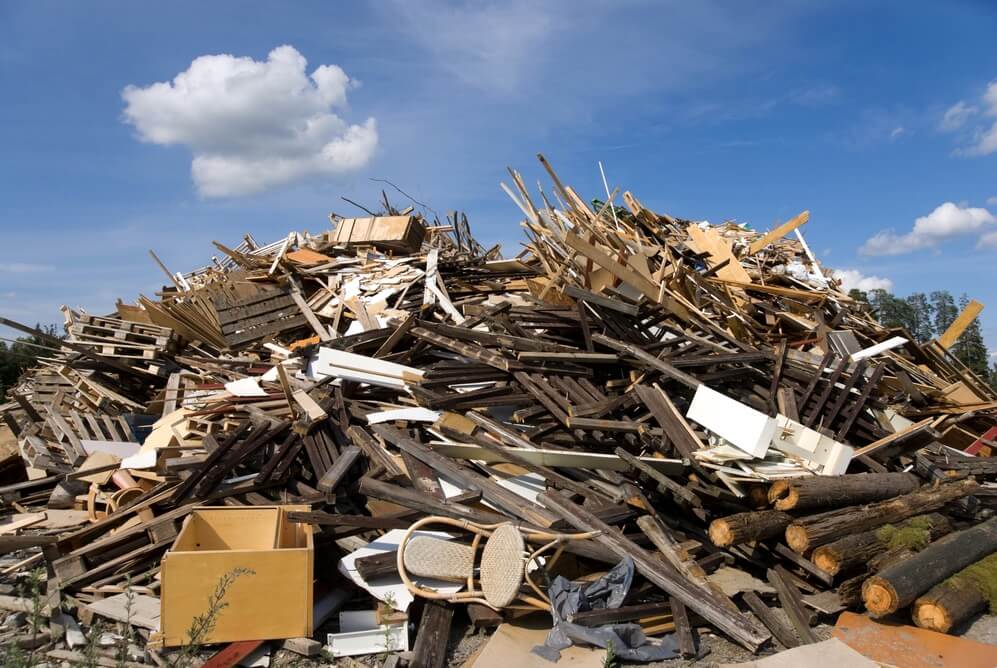Transforming Wood Waste To Sustainable Products

By Ojugbele Omotunde
Wood waste presents abundant opportunities for sustainable utilization. Wood waste can come from various sources like construction sites, furniture manufacturing, or forestry operations.
These leftovers from woods can be utilized for environmentally sustainable products.
One common method is converting wood waste into wood pellets for fuel, which can be used in heating systems. This not only reduces the demand for new wood but also decreases the reliance on fossil fuels, contributing to a greener energy mix.
Wood waste can be recycled into composite materials for construction or furniture, extending the lifespan of the wood and reducing the need for virgin resources.
Wood vinegar, for instance, can be produced through a process called pyrolysis. Wood vinegar, also known as pyroligneous acid, is a byproduct of the pyrolysis of wood and has various agricultural applications.
It can be used as a natural pesticide, soil conditioner, and plant growth stimulant, offering a sustainable alternative to synthetic chemicals in farming practices.
Wood waste can be transformed into lignin, a complex organic polymer found in wood. Lignin has diverse applications, including being used as a natural adhesive in wood composites, a raw material for carbon fiber production, and a component in bioplastics.
By repurposing wood waste into lignin, we can reduce the environmental impact of traditional petroleum-based products and move towards a more sustainable material economy.
Wood waste can be transformed into activated carbon, which has diverse uses ranging from water and air purification to energy storage applications. This process not only provides a second life for wood waste but also helps in addressing environmental challenges by improving air and water quality.
Another innovative approach is the conversion of wood waste into bio-based chemicals.
Through processes like fermentation and chemical transformation, wood waste can be used to produce biochemicals such as succinic acid, xylitol, and levulinic acid and these biochemicals have applications in various industries, including pharmaceuticals, food, and cosmetics, offering sustainable alternatives to petroleum-derived chemicals.
These advanced applications of wood waste highlight the potential for turning a traditional waste product into a valuable resource that can drive sustainability, innovation, and environmental stewardship.
